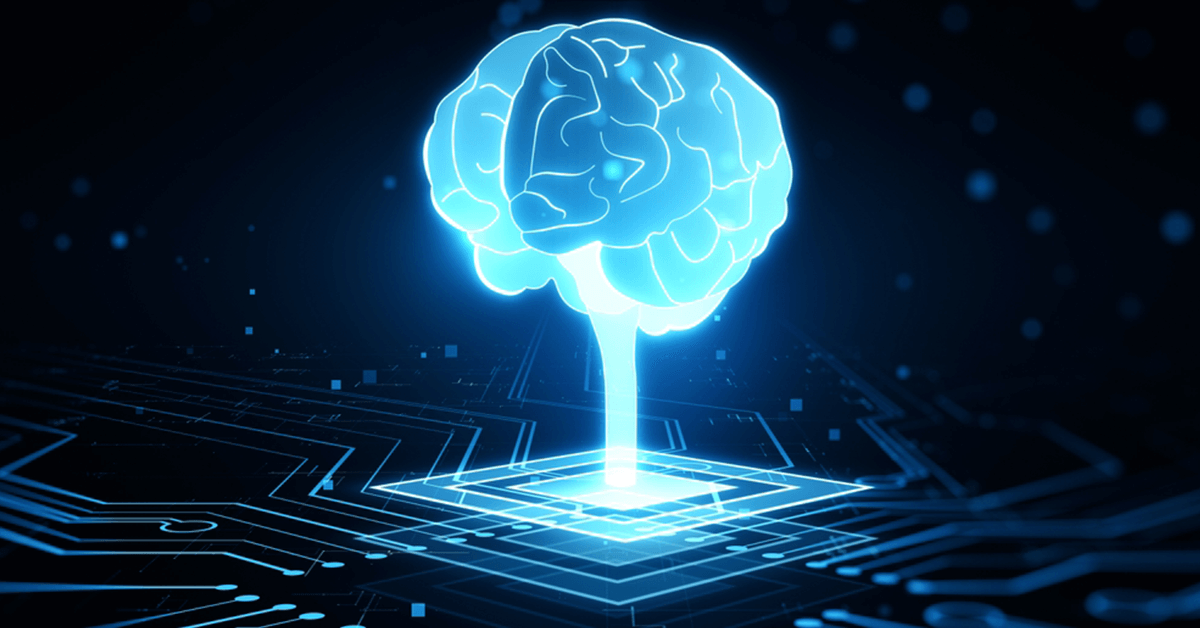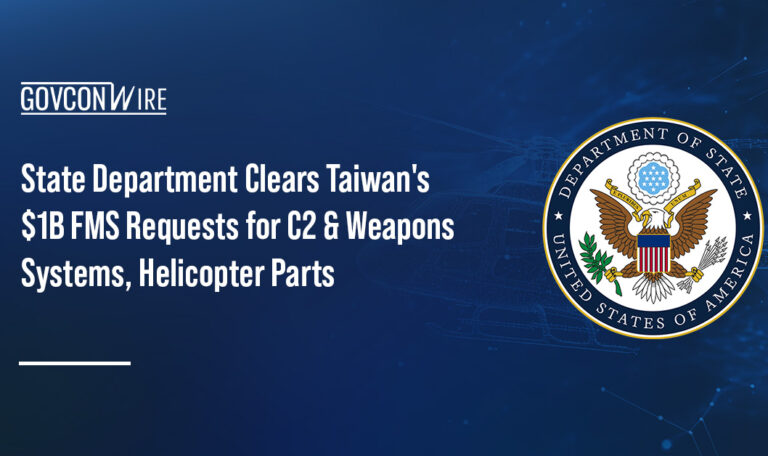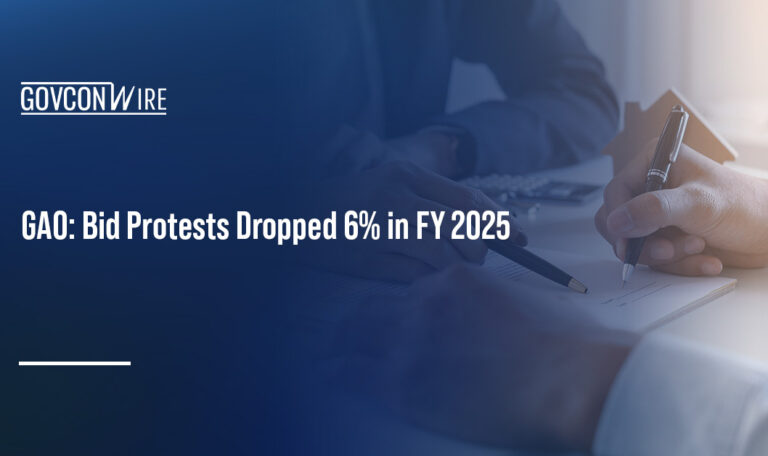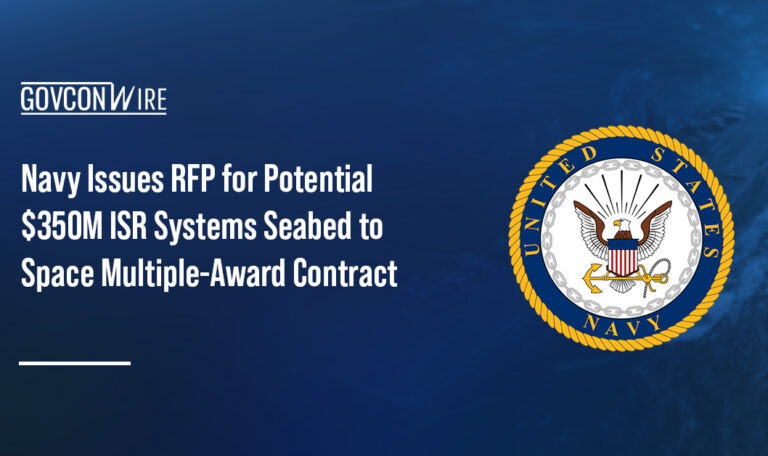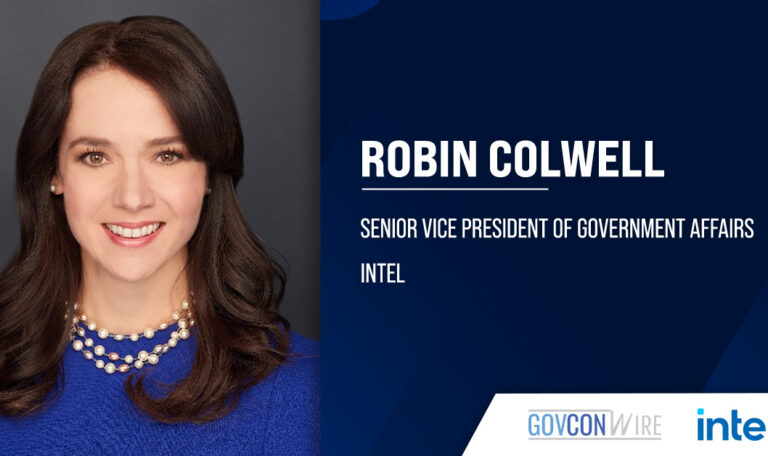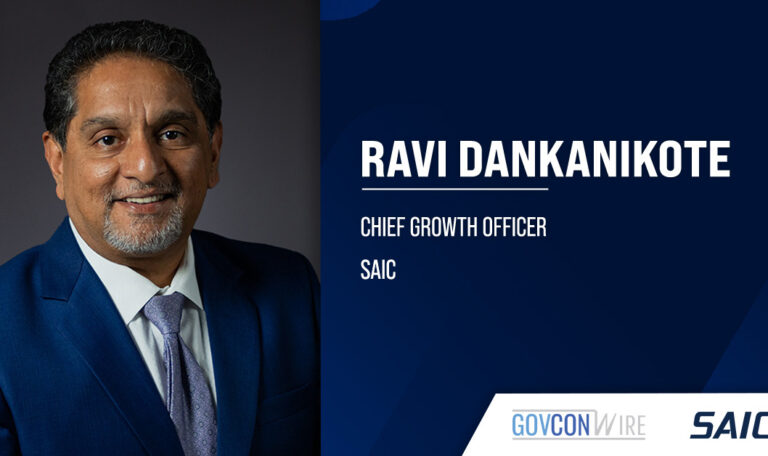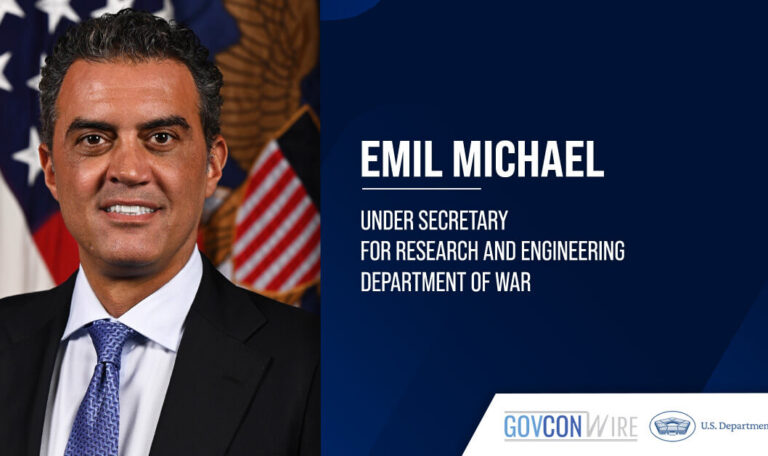The U.S. Intelligence Community, like the rest of the world, is embracing generative artificial intelligence. The CIA, in particular, is currently experimenting with generative AI across a wide range of use cases, and the agency expects to continue expanding its use of the groundbreaking technology into the future.

How is the IC using gen AI? Where are IC agencies in their AI adoption journeys? Join the 2024 Intel Summit hosted by the Potomac Officers Club on Sep. 19 to hear directly from IC decision makers and leaders about their AI plans and priorities. Register for the Intel Summit to save your seat at this can’t-miss event before tickets sell out.
CIA’s Adoption of Generative AI
“We were captured by the generative AI zeitgeist just like the entire world was a couple of years back,” Lakshmi Raman, CIA’s AI director, said earlier this summer.
Currently within the CIA, generative AI is used by intelligence analysts for things like search and discovery assistance in classified settings, writing, brainstorming, content triage and “things in the human language technology space” like translation and transcription, according to Raman.
Generative AI has been particularly helpful in helping analysts make sense of massive amounts of open-source intelligence — things like news stories and data — that could help inform policymakers.
“In our open-source space, we’ve also had a lot of success with generative AI, and we have leveraged generative AI to help us classify and triage open-source events to help us search and discover and do levels of natural language query on that data,” Raman said.
Looking ahead, Raman said the CIA will continue incorporating AI tools, but that won’t change the agency’s ultimate mission or its workforce.
“We don’t see AI or technology as anything that is going to replace our workforce,” she said. “But we see it as something that is going to heavily augment our workforce, and help us accelerate our velocity in completing tasks so that we can leverage our minds for higher-order work. So we definitely see AI as something — and generative AI particularly — as something that can be incorporated into workflows all across the agency to help us augment our own judgment and move through our workflows faster.”
The IC’s Approach to Gen AI
Generative AI is not without its drawbacks and risks. The technology is known for “hallucinations,” sometimes giving inaccurate answers. In response, the IC has made it clear that a responsible, thoughtful approach to generative AI is best.
“We’re excited to see about the opportunity that [generative AI] has. And we want to make sure that we are being thoughtful about how we leverage this new technology,” IC CIO Adele Merritt told NextGov earlier this spring.
Merritt also noted that the IC must be careful not to get caught up in the hype surrounding the still nascent technology. Instead, IC agencies are taking a deeper look into what exactly generative AI can bring to the table for them.
“We also acknowledge that there’s an immense amount of technical potential that we still have to kind of get our arms around, making sure that we’re looking past the hype and understanding what’s happening, and how we can bring this into our networks,” said Merritt.

Find out more about the gen AI revolution at the 2024 Intel Summit on Sep. 19. Don’t miss your chance to meet, learn from and network with U.S. intelligence leaders in person. Be a part of the Intel Summit and join the conversation.


